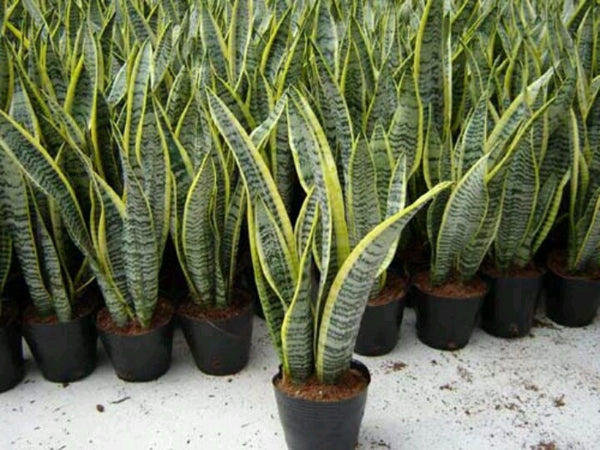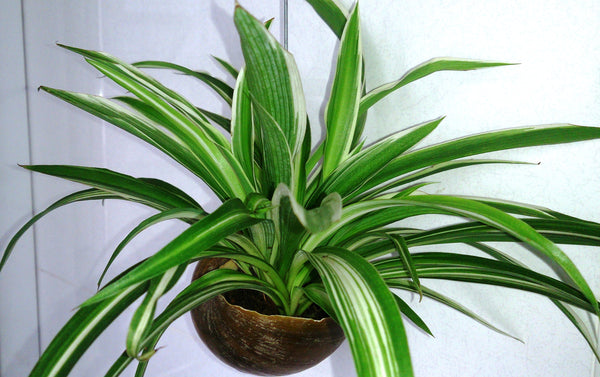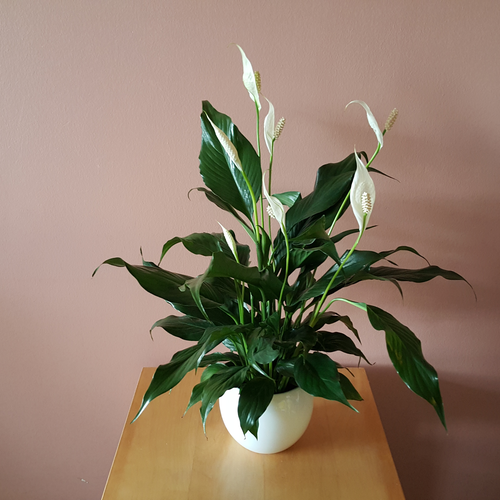- Gift Cards
- Food & Drink Gifts
- Under £50
- Gifts for Couples
- New Gifts
- Extraordinary
- Reviews
- Insider News
As temperatures in London soar, there's nothing like a little indoor greenery to freshen up the air in your flat. We all live on or near roads and to counter the effects of all those cars we need to do our bit to remove the toxic soup from the air.
Let’s start at home with plants that not only introduce some green into our lives but also purify our interior spaces. These four plants have been chosen by Alyson Mowat, the Indytute’s green goddess and Terrarium Workshops London. Alyson has started improving our environment by introducing purifying plants into her delicious Terrarium's and Kokedamas, but you don’t need to go to her workshop (although obviously we suggest you do…..) to start transforming the air in your home to lovely clean oxygen.
Experiences London just got a little bit - well - healthier.

Also known as ‘the mother-in-law’s tongue’, this plant is excellent at filtering out formaldehyde, which is common in cleaning products, hygiene, and personal care products. This incredibly low maintenance indoor plant is about as resilient as they come. Although they prefer dry and warm air, they can tolerate colder temperatures too.

NASA scientists ranked English Ivy as the best air filtering houseplant there is. It’s a champ at absorbing formaldehyde from the air. The English Ivy plant is an easy plant to grow. It’s incredibly adaptive and thrives in moderate temperatures along with medium sunlight.

The well-known Spider Plant is also a champion cleanser of air. The NASA tests showed it to remove around 90% of the potentially cancer-causing chemical formaldehyde from the air. Since formaldehyde is found in common household products like adhesives, grout and fillers, it’s a good idea to keep one of these plants around your kitchen and bathrooms especially.

The Peace Lily boasts strong dark green leaves and a delightful, white bloom. It is easy to care for and helps to filter out harmful benzene, trichloroethylene, and formaldehyde toxins. The moisture given off by these striking flowers can boost a room’s humidity by up to 5%. Avoid if you have pets as this plant is poisonous to cats and dogs.
TRY THESE EXPERIENCES LONDON
Terrarium Design School or Balcony Design in a Day.




















